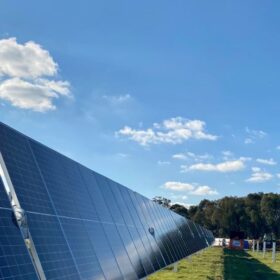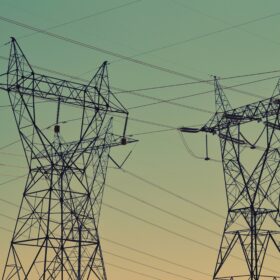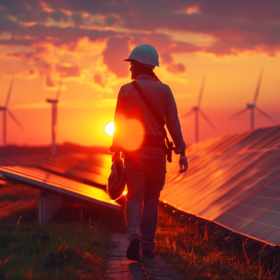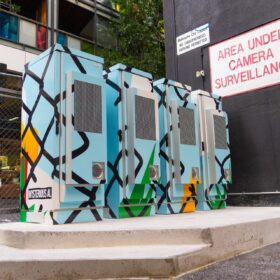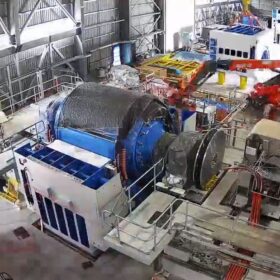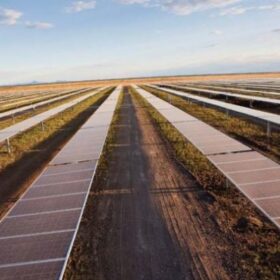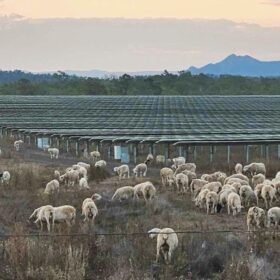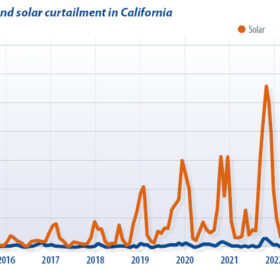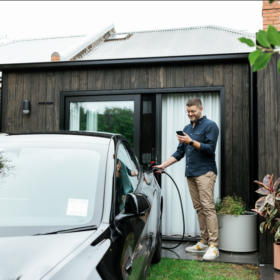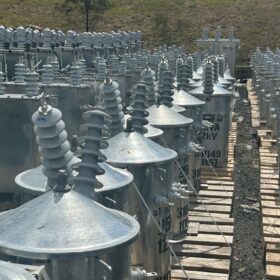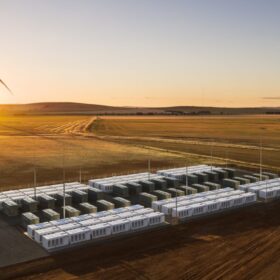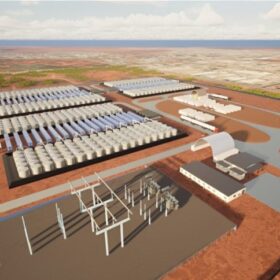Maryvale solar and storage project lands support in NSW tender round
The Maryvale solar and battery hybrid project being developed in central western New South Wales in one of two renewables projects with a combined generation capacity of 312 MW that have secured long-term energy service agreements through the state government’s latest tender round.
AEMC tweaks grid connection rules to relieve project backlog
The Australian Energy Market Commission has published a final rule to speed up grid connections for new renewable energy generation and storage in light of the pace and scale of projects being built to achieve the national target of 82% of renewables by 2030.
Planning approval for NSW REZ transmission project
The Central-West Orana renewable energy zone transmission project, with a projected network capacity by 2029 of 6 GW, has planning approval to begin building trasmission infrastructure, including lines and energy hubs.
Melbourne connects first battery as part of planned city network
The first of three planned 150 kW battery energy storage systems that are to form a combined 450 kW / 1 MWh capacity coordinated battery network across inner Melbourne has been switched on.
AEMO reinforces role of rooftop solar in energy transition
The Australian Energy Market Operator’s latest Integrated System Plan has stamped the role rooftop solar will play in the nation’s energy transition, revealing that the total capacity of rooftop PV and other distributed solar in the nation’s main grid is forecast to rise from 21 GW to 86 GW by 2050.
Transgrid turns to synchronous condensers to safeguard system strength
New South Wales power grid owner Transgrid is looking at rolling out up to 14 synchronous condensers and 4.8 GW of batteries with ‘grid forming’ capability to protect and strengthen the security and stability of the electricity grid as coal-fired power plants retire and more renewables come online.
National tender flooded with 40 GW of clean energy projects
Australia’s first national Capacity Investment Scheme auction has been inundated with expressions of interest, with the federal government revealing that investors have tabled 40 GW of new renewable energy generation projects such as wind and solar.
Edify plans solar and storage complex near Queensland coal plant
Australian renewables developer Edify Energy is planning to take advantage of existing infrastructure to maximise its access to the national electricity grid by building a 200 MW solar farm and four-hour duration battery energy storage system near the Callide coal-fired power station in central Queensland.
Weekend read: Time to talk curtailment
It’s time to assess curtailment, as rising amounts of excess generation are being wasted in several markets. This can be problematic for the solar industry but Toby Couture and David Jacobs, coordinators of think tank Global Solar PV Brain Trust, argue that curtailment is not always bad.
Batteries on wheels trial gets $3.2 million boost
Over the next three years energy retailer and tech company Amber Electric will trial a software solution for electric vehicle smart charging and bi-directional vehicle-to-grid services to enable consumers using their cars can buy and sell energy to the grid.
